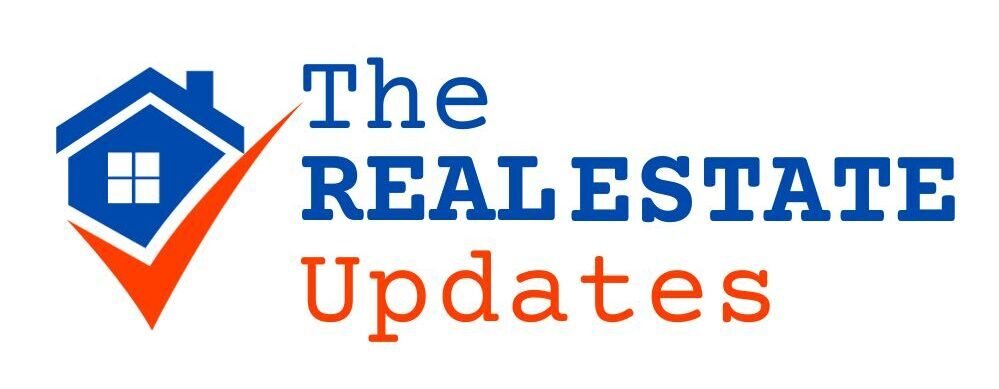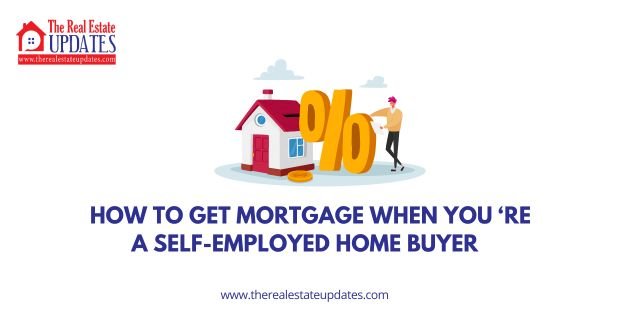When you are self-employed and you want to buy a home, you fill out the same mortgage application as everyone else. Mortgage lenders consider the same things when you’re a self-employed borrower: your credit score, debt you have, assets and income.
Qualifying for a Mortgage When You’re Self-Employed
If you work for yourself, you’re used to having to be more organized and keeping track of your income. That’ll help when it’s time to apply for a mortgage and so will this overview of what to know and how to prepare.
What Are Mortgage Lenders Looking For?
Mortgage lenders are looking for,
· Income stability
· The location and nature of your self-employment
· The financial strength of your business
· Ability to generate sufficient income in the future.
Documents to Provide
Employment verification: It is a proof that you are self-employed and it could include emails or letters from the following.
· Current clients
· A licensed certified personal accountant (CPA)
· A professional organization that can attest to your membership
· A Doing Business AS (DBA)
· Evidence of insurance for your business
Income Documentation: Have proof of reliable income and you are one step closer to getting approved for a mortgage. Your lender will ask for the following.
· Personal tax returns
· Profit and loss statements
· Bank statements
Tips to Put Your Application Forward
1. Check your debt-to-income ratio
2. Keep an eye on your credit
3. Keep business expenses separate
Bottom Line
In order to apply for a mortgage while self-employed, you’ll need to verify and document your income while maintaining a lower DTI and higher credit score.




